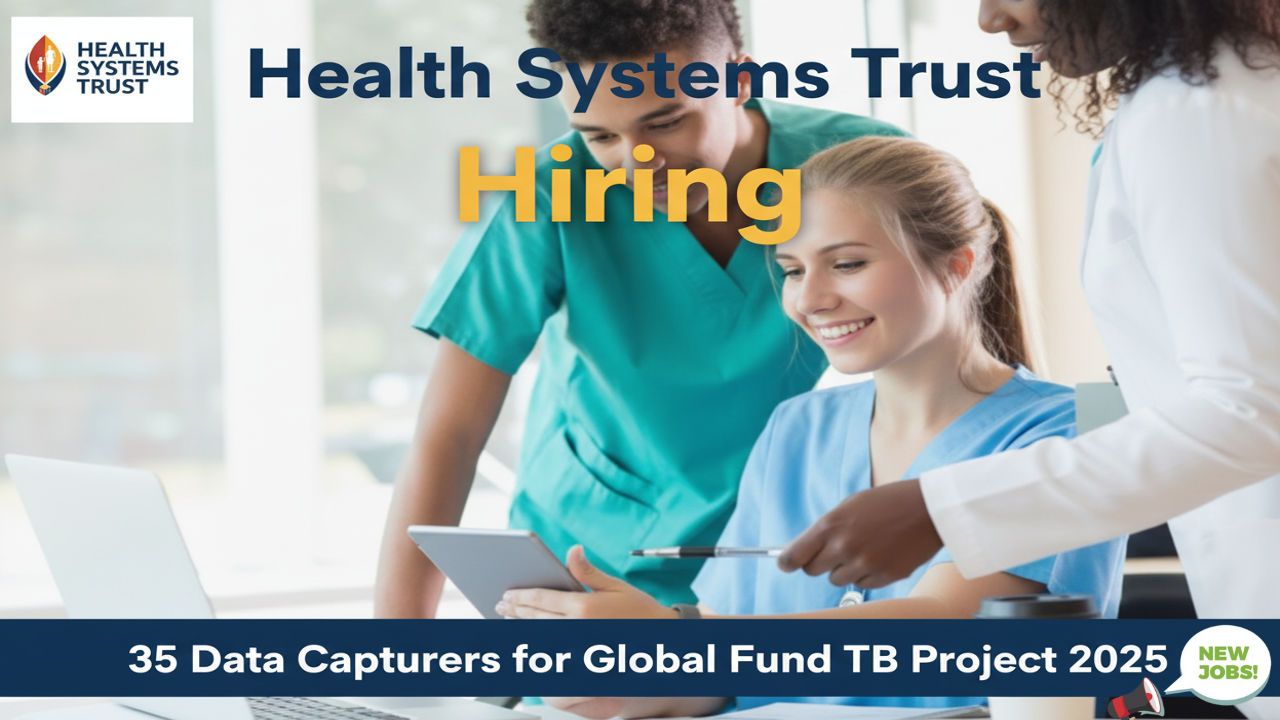The Healthy Adaptation to Pregnancy, Postpartum and Parenthood project is building a new generation of perinatal researchers who can connect data science with public health impact. One of its flagship doctoral positions focuses on predictive models for early childhood obesity, drawing on large registers and longitudinal cohorts across Europe. The role combines rigorous quantitative training, multi-country collaboration, and policy relevance so that findings can inform national prevention strategies.
PhD Opportunity Quick summary
Field |
Information |
|---|---|
Programme |
HAP3 Joint Doctorate under Marie Skłodowska-Curie Actions |
Position |
Doctoral Candidate DC1: Predictive Models for Early Childhood Obesity |
Host and second university |
KU Leuven as primary enrollment, Aarhus University as second enrollment |
Focus |
Risk factor identification and validation of predictive models using multi-country registers and cohorts |
Contract type |
MSCA Doctoral Researcher with up to 4 years total, initial 1 year plus extensions subject to performance |
Start date |
1 March 2026 |
Funding |
MSCA package including living allowance, mobility allowance, and family allowance where applicable |
Location |
Belgium and Denmark with network secondments across consortium partners |
Eligibility highlights |
Master’s degree in a relevant field, no prior PhD, mobility rule for Belgium, English proficiency |
Application deadline |
31 October 2025 |
Official site |
About the HAP3 Joint Doctorate
HAP3 is an interdisciplinary training network focused on the intergenerational links between pregnancy, mental health, and early life obesity risk. Eleven doctoral candidates will pursue joint PhD degrees while rotating across academic and non-academic partners. The network blends epidemiology, biostatistics, psychology, obstetrics, pediatrics, implementation science, and health policy to produce evidence that can be translated into practical prevention.
Role overview: DC1 Predictive Models for Early Childhood Obesity
DC1 targets the design, validation, and translation of risk prediction tools for early childhood obesity. The project leverages harmonized population registers and cohort datasets, enabling robust model development and generalizability testing across settings. The aim is to deliver risk algorithms that national authorities could adapt for screening and early intervention in primary care and maternal-child health services.
Core objectives
- Identify modifiable and non-modifiable predictors spanning prenatal, birth, and early childhood periods.
- Develop and compare multivariable prediction models with traditional regression and modern machine learning methods.
- Assess model performance using internal and external validation with calibration, discrimination, and decision analysis.
- Translate risk scores into actionable tools for prevention programmes and policy guidance.
Key responsibilities
- Curate, harmonize, and document multi-country registers and cohort variables to common data models.
- Conduct descriptive epidemiology, missing data analyses, and sensitivity checks.
- Build prediction models that balance interpretability and performance, including regularized regression, tree-based ensembles, and time-aware approaches for longitudinal inputs.
- Execute internal validation through cross-validation or bootstrapping and external validation across countries.
- Evaluate clinical and public health utility using decision curve analysis and risk stratification scenarios.
- Collaborate with HAP3 peers working on complementary mental health and perinatal pathways to enrich models.
- Publish results, present at conferences, and contribute to guidance briefs that can inform implementation.
Training, supervision, and benefits
- Dual supervision at KU Leuven and Aarhus University with committee support and structured doctoral milestones.
- MSCA training in research methods, open science, ethics, reproducibility, scientific writing, stakeholder engagement, and entrepreneurship.
- Secondments with consortium partners to deepen skills in data governance, health policy translation, or digital tool prototyping.
- Funding package includes living allowance, mobility allowance, and family allowance where applicable. Final salary depends on local taxation and social security rules.
Eligibility criteria
- Master’s degree in a relevant discipline such as Epidemiology, Biostatistics, Public Health, Medicine, Psychology, Midwifery, or Social Sciences with strong quantitative content.
- No awarded PhD and not having defended a PhD.
- Mobility rule for Belgium: applicants must not have resided or carried out their main activity in Belgium for more than 12 months in the 36 months before the recruitment date.
- English proficiency at minimum B2 or equivalent.
- Compliance with enrollment requirements at both KU Leuven and Aarhus University.
Desirable profile
- Solid grounding in statistical modeling, longitudinal analysis, and causal thinking.
- Proficiency in R or comparable analysis software along with literate programming and version control.
- Experience handling large administrative datasets or cohort data with rigorous data protection practices.
- Clear, concise scientific writing and confident presentation skills.
- Collaborative mindset and willingness to work across disciplines.
- Interest in learning Dutch is viewed as an asset for local collaboration.
Application instructions
Send a complete application to info@hap3.eu by 31 October 2025 with:
- Secure copy of ID or passport.
- Certified copies of degrees and transcripts with English translations if needed.
- Proof of English proficiency.
- Academic CV highlighting quantitative skills, data experience, and outputs.
- Motivation letter that lists the HAP3 doctoral call and clearly states DC preferences.
- Contact details for two academic referees.
Applicants may indicate multiple DC preferences but must rank them consistently in the email subject and motivation letter.
Selection process and timeline
- Eligibility screening and academic merit review.
- Online interview for shortlisted candidates that may include a brief methods discussion or coding task.
- Final selection based on qualifications, methodological fit, motivation, communication skills, and alignment with HAP3 goals.
- Offer and enrollment steps coordinated by KU Leuven and Aarhus University.
How to stand out
- Demonstrate thoughtful handling of real-world data issues such as missingness, measurement error, and heterogeneity across countries.
- Show that you can balance interpretability and performance when comparing models.
- Outline a reproducible workflow using scriptable pipelines, version control, preregistration, and transparent reporting.
- Connect predictions to potential intervention pathways, such as targeted counseling, nutrition support, or digital follow up.
Frequently asked questions
1) Is prior experience with pediatric obesity datasets required
It is not mandatory, but experience with cohort or register data and longitudinal methods will be advantageous.
2) Will I need to relocate twice
Expect primary residence at KU Leuven with stays at Aarhus University and short secondments to partner sites. The network will clarify durations during onboarding.
3) What languages do I need
English is required. Willingness to learn Dutch can be helpful for local collaborations, but it is not compulsory.
4) Can I apply if I already hold a PhD
No. MSCA Doctoral Researcher rules require that candidates do not already possess a doctoral degree.
5) What is the total duration of the PhD
The initial appointment is one year with extensions up to a total of four years subject to satisfactory progress and local regulations.
For More Information Click Here










